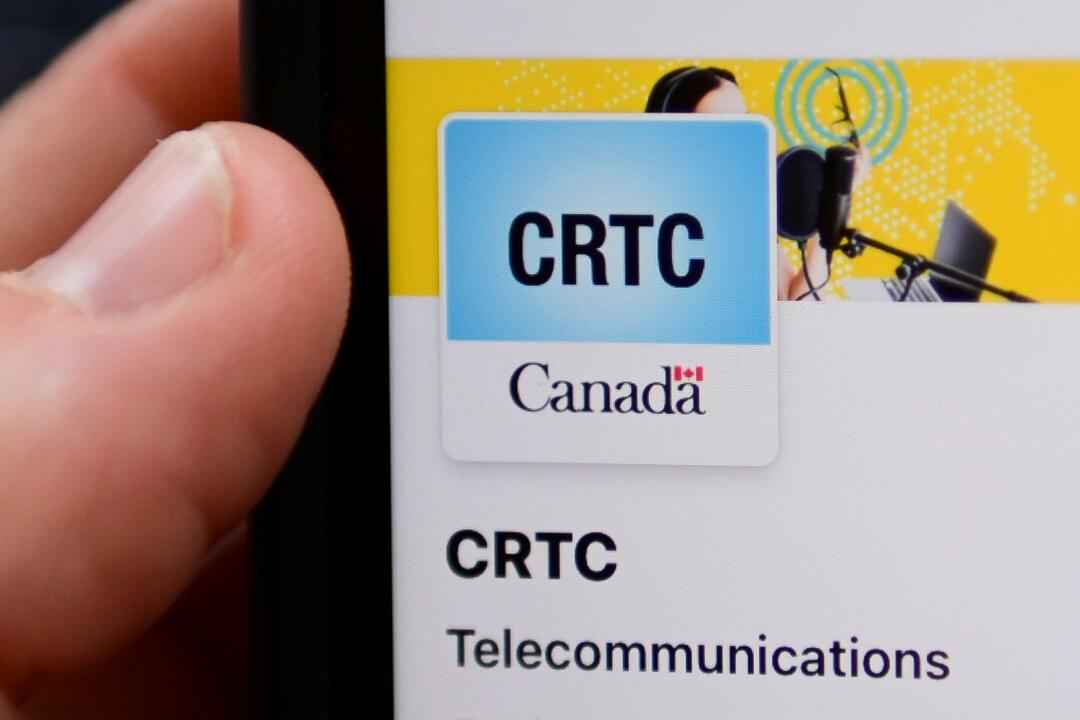The Liberal government’s upcoming legislation to address “online harms” could undermine Canadians’ freedom of speech and render diasporas from authoritarian countries more vulnerable, says the director of an internet security advocacy group.
Between July 27 and Sept. 25, the federal government held public consultations on its proposal to introduce new legislative and regulatory frameworks for social media platforms that aim to address five categories of “harmful content” online: hate speech, terrorist content, content that incites violence, child sexual exploitation, and non-consensual sharing of intimate images.





